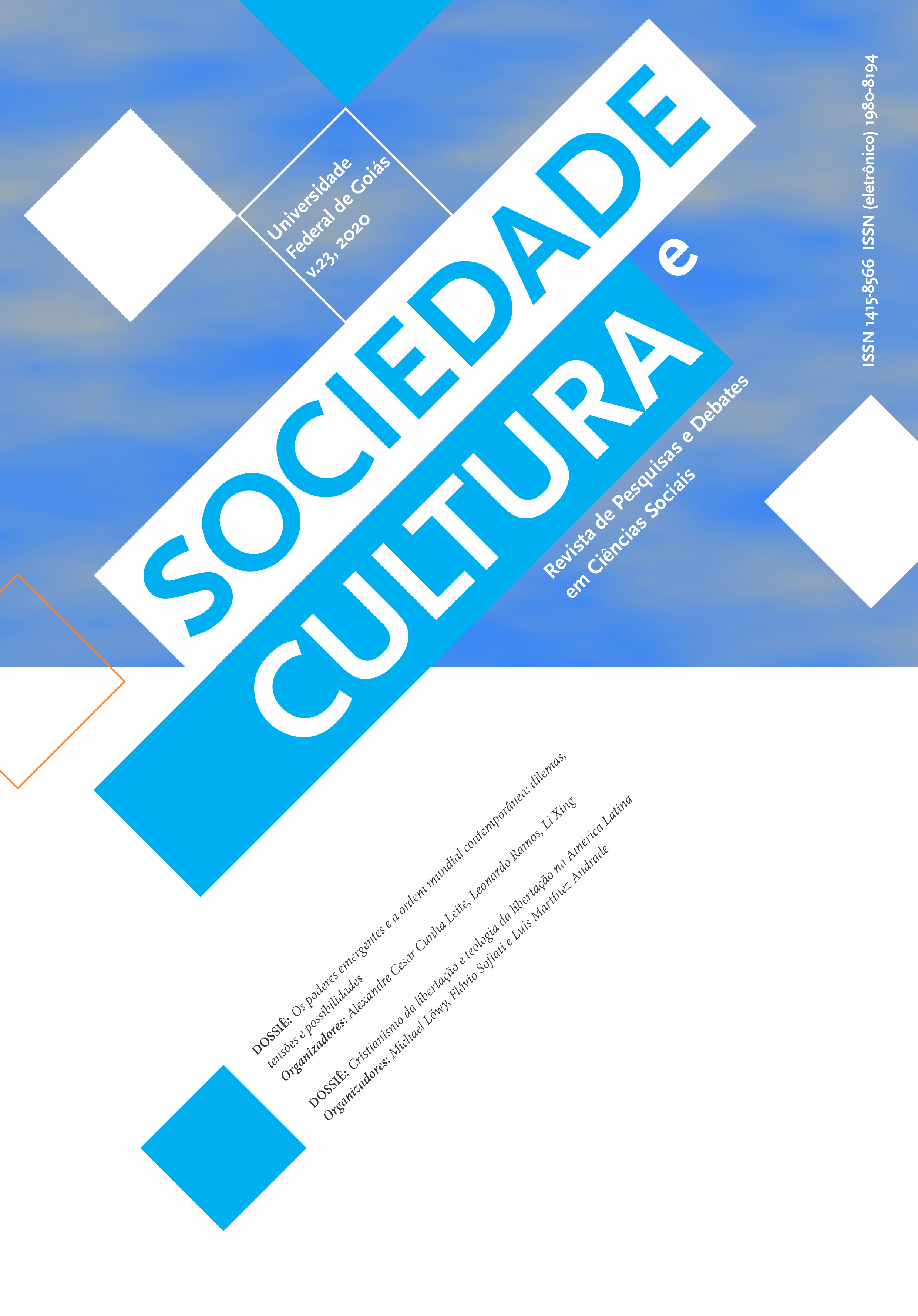Liberation Theology: Problematizing the historical projects of democracy and human rights
DOI:
https://doi.org/10.5216/sec.v23i.59897Abstract
Liberation Theology and Liberation Christianity continue to inspire social movements across Latin America. Following Michel Lowy’s analytical and historical distinction between Liberation Christianity (emerging in the 1950s) and Liberation Theology (emerging in the 1970s), this paper seeks to problematize the historical projects of democracy and human rights, particularly in relation to the praxis of Liberation Christianity and the reflection of Liberation Theology. Liberation Theology emerged across Latin America during a period of dictatorship and called for liberation. It had neither democracy nor human rights as its central historical project, but rather liberation. Furthermore, Liberation Christianity, which includes the legacy of Camilo Torres, now seeks to ‘defend democracy’ and ‘uphold human rights’ in its ongoing struggles despite the fact that the democratic project has clearly failed the majority of Latin Americans. Both redemocratization and ‘pink tide’ governments were not driven by liberation. At the beginning of the first Workers’ Party government in Brazil, Frei Betto – a leading liberation theologian – famously quipped ‘we have won an election, not made a revolution’. In dialogue with Ivan Petrella, this article suggests that Liberation Theology needs to ‘go beyond’ broad narratives of democracy and human rights to re-establish a historical project of liberation linked to what the Brazilian philosopher, Roberto Mangabeira Unger, calls institutional imagination.
Downloads
Downloads
Published
How to Cite
Issue
Section
License
Authors who publish in this journal agree to the following terms:
- Authors retain the copyright and grant the journal the right of first publication, the work being simultaneously licensed under the Creative Commons Attribution License, which allows the sharing of the work with acknowledgment of authorship and of the initial publication in this journal;
- Authors are authorized to enter into additional contracts separately, for non-exclusive distribution of the version of the work published in this journal (eg, publishing in an institutional repository or as a book chapter), with acknowledgment of authorship and of the initial publication in this journal;
- Authors are allowed and encouraged to post and distribute their work online (eg, in institutional repositories or on their personal page) at any point before or during the editorial process, as this can bring productive change as well as increases the impact and the citation of the published work (see O Efeito do Acesso Livre).



